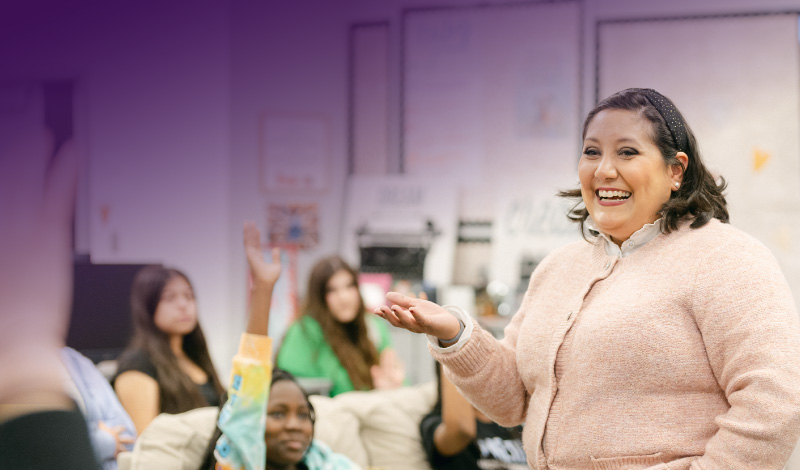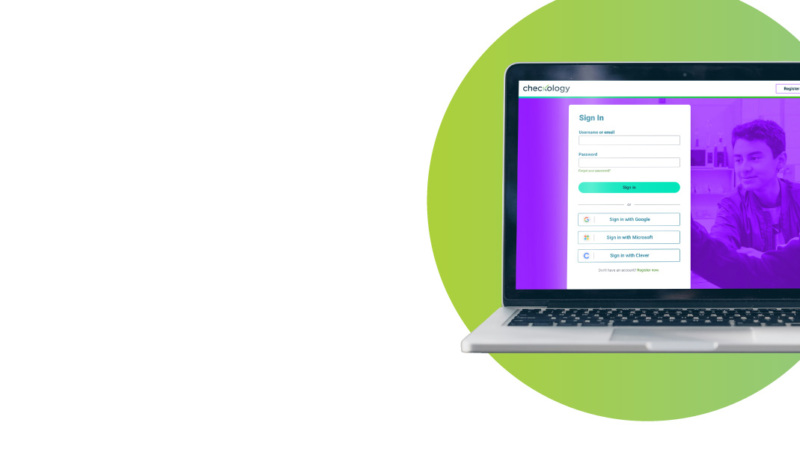
Looking back, moving forward: NLP’s FY24 Annual Report
Read the reportToday, we share our annual report for fiscal year 2024 (July 2023-June 2024). You’ll learn about all we’ve achieved in the past year and how we will move forward with a renewed focus on K-12 education. We hope you feel inspired reading about everything you have helped make possible. Thank you.
Read the report here.
By Greg McCaffery and Chuck Salter
As we prepared this report at the height of the presidential election season, we couldn’t help but reflect on the sheer volume of misinformation being spread.
Falsehoods and distortions will always exist, and with continued advancements in technology and generative artificial intelligence, they spread faster than ever, threatening our country’s civil discourse. We are proud to play a role in helping Americans sift through viral rumors and disinformation with the creation of our Misinformation Dashboard: Election 2024, a tool that tracks the trends and tactics driving misinformation about candidates and the voting process. But more importantly, our goal is to create lasting social change to foster the greater civic engagement needed to strengthen our democracy for generations to come.
This meant taking a critical look at our dual mandate to create a news-literate nation by providing tools, resources, and education to the broader public as well as educators during the past year. As we reviewed our programs, engagement and measurable results, it was clear that we could make the greatest impact by turning our full attention back to K-12 students. We’re excited to refocus our mission on bringing systemic change to public education at a national scale, helping educators across the country align their classroom curriculum with events in the real world — preparing future generations to be engaged citizens.
Our ultimate objective is ensuring that news literacy becomes required teaching in all 50 states and the District of Columbia, just as students are required to learn math, English and social studies.
Because of NLP’s growth on a national scale, we have the flexibility to try new strategies and discover what is most effective. We have leveraged our 16 years of successes and lessons learned to identify the barriers to widespread adoption of news literacy and have developed our 2024-2028 strategic framework as a roadmap for breaking through those barriers. We recognize that our ability to reflect and pivot is due to the encouragement and robust support of donors like you.
As you read this year’s report, you will see that through your partnership, we have much to celebrate. This past year we were recognized with two high-profile awards. And tens of thousands of educators used our resources to teach news literacy skills to nearly half a million students across the country. In addition, through our district-wide initiatives, potentially more than 1 million students in 13 states will be taught news literacy skills by 2026.
We also completed our first teen survey to hear directly from young people about what they know, believe and practice when navigating the digital information landscape.
This is why we see a future full of promise and are confident we will make significant progress to advance the development and teaching of news literacy in K-12 education.
Thank you for being on this journey with us and for continuing to be a champion for a future founded on facts.

